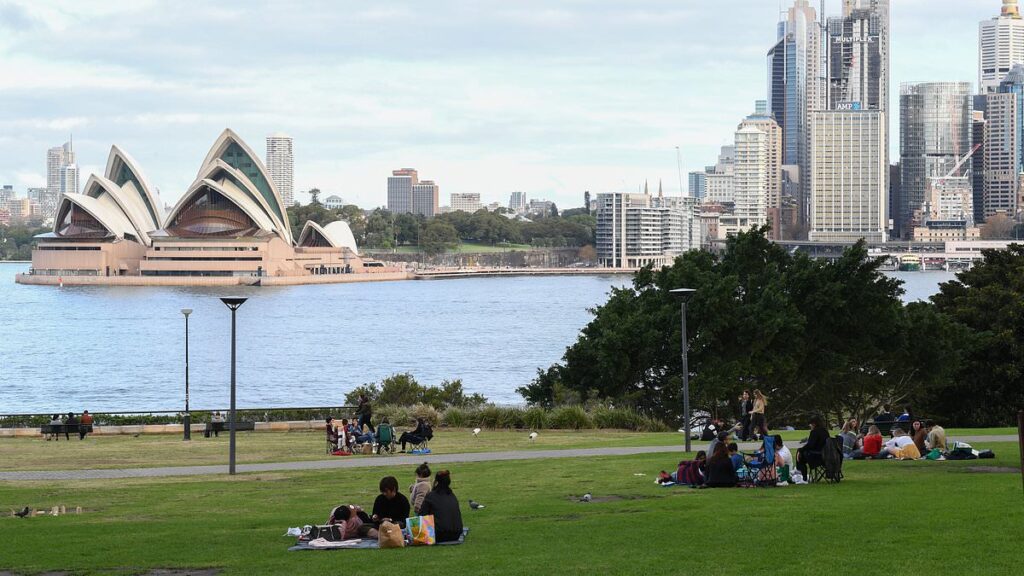
In a move that has sparked widespread debate, North Sydney Council is considering implementing a fee system for the use of its public parks by groups of more than 20 people. This proposal comes in response to concerns that commercial vendors, schools, and other organizations have been monopolizing these communal spaces.
The council’s deliberation follows complaints about private schools and businesses utilizing the parks extensively, often to the detriment of individual visitors. Notably, St Aloysius’ College in Kirribilli and Marist College have been using Bradfield Park and Ted Mack Civic Park, respectively, for student activities due to limited on-campus facilities.
Background and Context
North Sydney Council’s proposal is not unprecedented. Several councils across Australia already impose fees for the use of public parks. For instance, hiring a park for a function can cost up to $483 per hour in the Northern Beaches, while Lane Cove charges $30. Some councils also levy fees on businesses like personal trainers and dog walkers, with charges reaching as high as $2,400 in Lane Cove.
The proposed fee system is part of broader discussions about the financial challenges facing North Sydney Council, exacerbated by the costly redevelopment of the North Sydney Olympic Pool. In May, the council’s request to increase residential rates by 87 percent was rejected, further straining its budget.
Community Reactions
North Sydney Mayor Zoe Baker has defended the proposal, emphasizing that the fees aim to ensure fairness and equity. “These are public facilities, and it’s only fair that schools and other operators using these facilities contribute to the community they’re operating in,” she stated.
However, the proposal has been met with resistance from various stakeholders. Local celebrant Orna Binder criticized the move as a “cash grab,” arguing that public spaces should remain free. Meanwhile, Aaron Hall, a proposal organizer, acknowledged that a minority of operators have been causing disruptions, leading to the current frustrations.
Implications and Future Considerations
The introduction of park fees could set a precedent for other councils across Australia, potentially leading to a more widespread adoption of similar policies. This development raises questions about the accessibility of public spaces and the balance between community use and commercial interests.
Community consultation is currently underway, with the council expected to make a final decision after considering public feedback. The outcome will likely influence how other municipalities address similar challenges in managing public spaces.
Expert Opinions
Experts in urban planning and public policy have weighed in on the debate. Dr. Emily Carter, an urban planning specialist, noted, “While it’s important to regulate the use of public spaces, any fee system should be carefully designed to avoid excluding community groups and non-profit organizations.”
Meanwhile, Professor John Mitchell, a public policy analyst, highlighted the need for a balanced approach. “Councils must ensure that public spaces remain accessible to all, while also addressing legitimate concerns about overuse and commercialization,” he said.
Conclusion
As North Sydney Council navigates this contentious issue, the decision will have significant implications for the community and potentially set a benchmark for other regions. The ongoing consultation process will be crucial in shaping a policy that balances the diverse interests of all park users.







